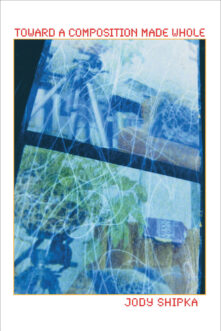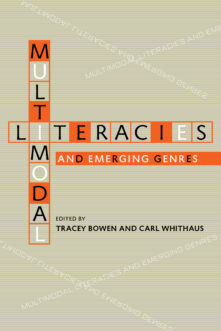Books
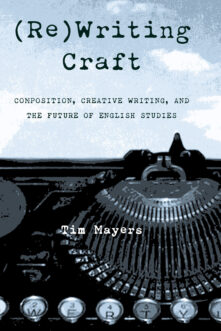
(Re)Writing Craft
Composition, Creative Writing, and the Future of English Studies
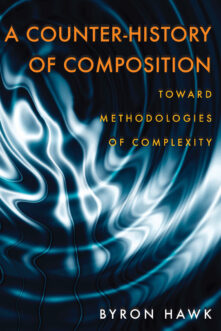
A Counter-History of Composition
Toward Methodologies of Complexity

Buying into English
Language and Investment in the New Capitalist World
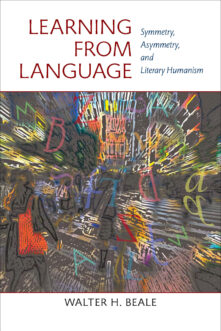
Learning from Language
Symmetry, Asymmetry, and Literary Humanism
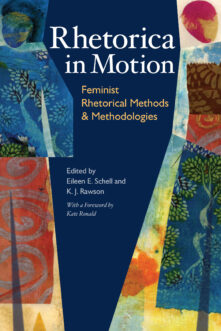
Rhetorica in Motion
Feminist Rhetorical Methods and Methodologies
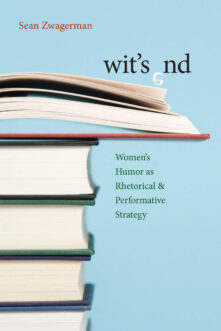
Wit’s End
Women's Humor as Rhetorical and Performative Strategy

Inessential Solidarity
Rhetoric and Foreigner Relations
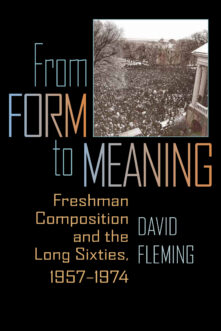
From Form to Meaning
Freshman Composition and the Long Sixties, 1957–1974
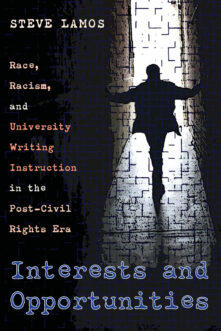
Interests and Opportunities
Race, Racism, and University Writing Instruction in the Post–Civil Rights Era

Networking Arguments
Rhetoric, Transnational Feminism, and Public Policy Writing
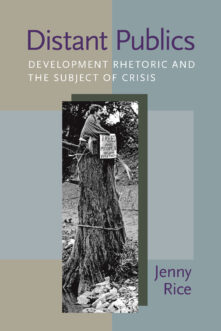
Distant Publics
Development Rhetoric and the Subject of Crisis
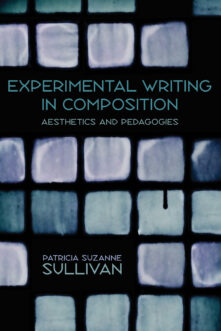
Experimental Writing in Composition
Aesthetics and Pedagogies
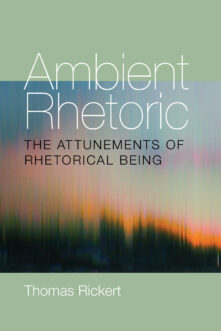
Ambient Rhetoric
The Attunements of Rhetorical Being
Total 40 results found.


